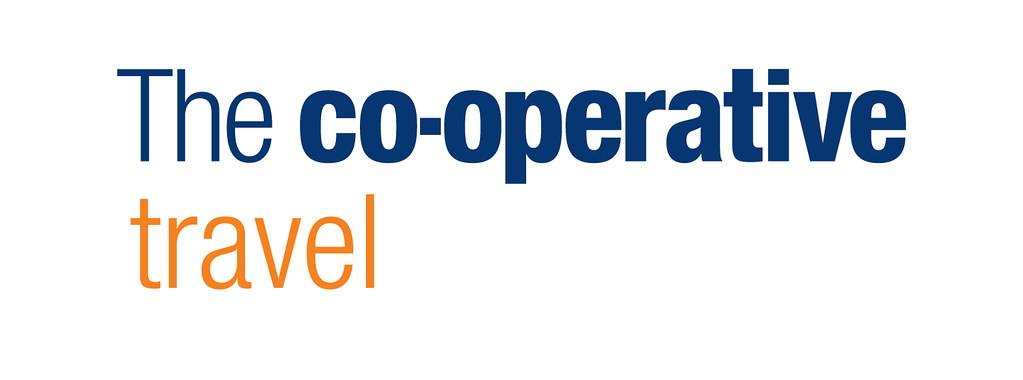As we reported last month, Google was about to launch (and has since launched) Google Instant in the UK. This is a new feature whereby the search results are updated within Google as you type your search. While this helps speed up what you’re looking for, it can also produce some amusing (and sometimes embarrassing) results while you’re still forming words.
One important consideration that also needs to be raised about this development is how it affects SEO. If real-time SERPs are updated as you type, is it worth optimising your websites for partially completed words as well as the full word?
For example, if optimising your website for ‘seo wirral’ – should you also include examples of ‘seo wir’ on your website, as results for this phrase will be displayed as someone begins to type.
Google however has claimed that this isn’t the case, and that SEO professionals need not concern themselves with optimising for partially completed words. Google Analytics’ Alden DeSoto commented that Google’s organic listings wouldn’t be affected by Google Instant – and that search queries would be tracked the same as always – so your Analytics reports would show the full keyword, rather than the snippet that had been typed.
He also commented on the use Google Adwords for sponsored results, as this is also affected by Google Instant. He advised:
“Should I change my search advertising strategy to serve ads on to partial keywords (e.g. if I sell flowers, should I advertise on “flow”)?”
“This is not a productive strategy. Please note that ads are triggered based on the ‘predicted query’ and not the stem that the users types in. So, in this example, the partial query ‘flow’ triggers results for the predicted query of ‘flowers’. The only way someone can see your ad for ‘flow’ is if they specifically searched for that word and hit enter or clicked search. And since you sell flowers, it’s not likely that your ad for flowers will be served alongside such a generic and irrelevant word.”
- New report hints how content can be successful - June 19, 2018
- Improve your web presence with help from Google - April 18, 2018
- Complementing your content marketing strategy with email - March 7, 2018



























I believe that Google are partly correct, in that you don’t need to SEO for part words as highlighted above. However, what they haven’t recognised yet is that due to the presence of results during the search text entry, SEO research HAS changed.
SEO professionals need to look into which phrases appear in the predictive search entry in order that they can target the phrases that will generate live results during the input of ideal searches for their client. This will change the focus of SEO and make non-relevant search text a factor in search marketing.
I also believe that all first page content will become more important too. With images, video, shopping, news, blogs and Google places results becoming key opportunities to deliver in-search visibility.
I agree, i believe the main issue’s will arise when analysing the keywords (phrases) that your site has received visits from.
At the moment (pre Google Instant in Ireland still!) it is a simple process of optimising pages and comparing results with your visitor statistics.
With Google instant, your list of keywords is going to be not only a lot larger, but also difficult to group. Finding out which complete keyphrases your pages are perfoming on will need to be checked in a Google search, creating extra work load.
I personally think (without much knowledge on what Google plans with it’s analytics) that it would be of more benefit to display the suggested keyphrase in the keyword list rather than what the searcher has typed so far. Especially since that is what the search results are based on.
Good article,
I agree with the other comments business sites will need to be optimised for fewer keywords so competition will be tougher as a result.
However this assumes people actually find instant useful. Most people do not touch type so are looking at the keyboard in the first place. So are likely to type the whole search term anyway.
Mike makes a good point there – many people will just type their search without even being aware that the search results are appearing, and changing, as they type.
I don’t think it will make a great deal of difference for SEO, at least at first – but there is always an angle and a way to exploit the changes that Google makes.
Its a valid point but those that believe this will not effect or “make a great deal of difference” for SEO i believe will fall behind , A good marketer will adjust to new trends instead of thinking of reasons why it wont effect SEO at all .
Im not sure if im just devious but the first thing that pops into my head with this is to do some small amounts of work with “partly written” keywords for some competitive phrases in your’s or your clients niches etc .
What will be effected as google instant proceeds to be used more will be how many searches per month are being used for Specific searches , Maybe not a massive difference BUT alot of small companies in the UK will depend on those small amounts to convert into sales , So potencial loss of converting customers could be a massive impact.
I don’t find Google Instant helpful. I’ve actually turned it off as I found that having it on slowed down searches. Most people won’t bother to turn it off even if they don’t like though, so it’s not something that can be ignored from an SEO perspective. I don’t really see how you can optimise for things like ‘seo wir’. No-one can reasonably do that either though, so not doing it wouldn’t really put you at a disadvantage. It would be worth seeing what suggestions are made by Instant before someone types in your full target keyword phrases. As well as trying to rank for those suggested phrases themselves, it’s a also a clear indication that Google sees them as relevant and adding having pages with those phrases on should boost your rankings for your main keyword phrases.
This feature was released years ago now and I still don’t find it useful at all.
It’s more annoying than anything.
I like this feature for when I want the best results for a particular subject. I would rather to search for keywords that websites have optimized for if it is precisely what I am looking for. I think it helps to get better search engine results at times.